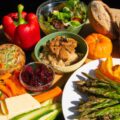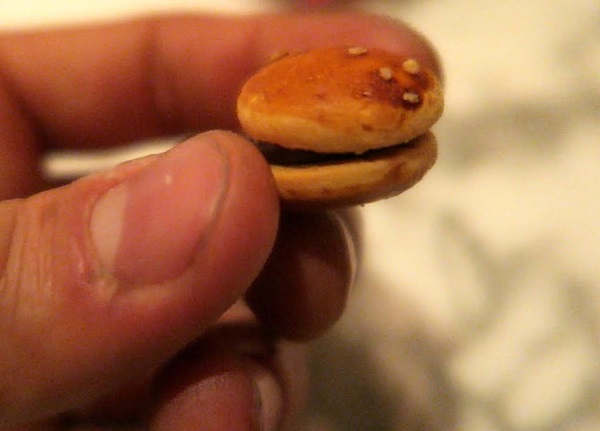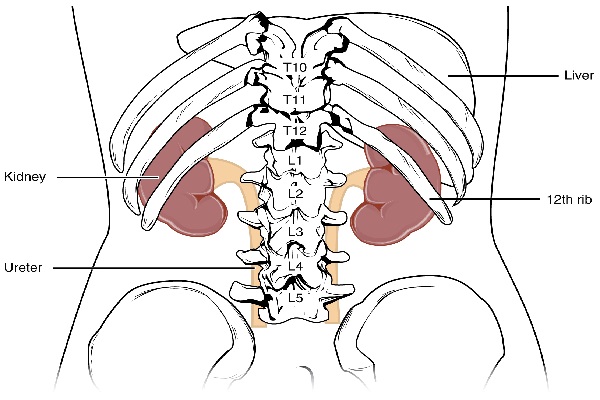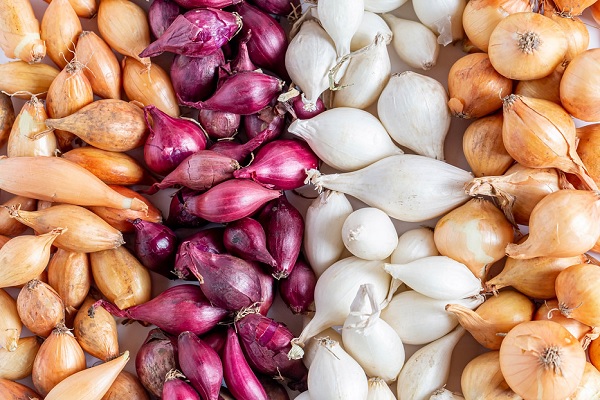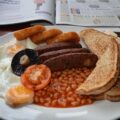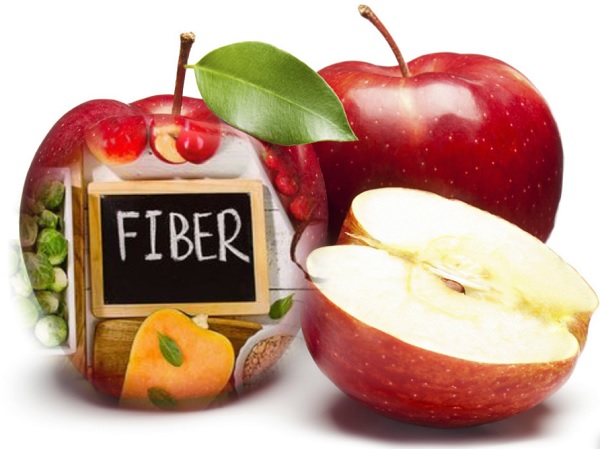
Did you know that eating sufficient fibre helps prevent constipation? Fibre is not digested by your gut but it goes a long way in promoting digestive and general health. Fibre-filled foods are low on calories which helps to reduce weight loss. Fibre also adds probiotics to your digestive tract that improves your digestion of sugar. High fibre foods also reduce the absorption of cholesterol into the bloodstream which contributes to a healthy circulatory system.
It is recommended that you eat at least 14 grams of fibre for every 1000 calories of food but most people don’t get nearly half of that every day. You have to remember that high fibre foods may cause bloating and gas build-up which is why you shouldn’t overdo it. You should also make sure that you drink enough water after eating any of these fibre-rich foods.
Apples
Apples are a great crunchy snack that you can find almost everywhere in the world. It is very energizing and doesn’t increase your daily calorie count as much as artificially sweetened snacks. You also get 4 grams of fibre from every medium-sized apple you eat. Having three to four apples a day will go a long way in achieving your body’s daily fibre requirements.
Berries
Berries are a must-eat fruit that contains high quantities of rare antioxidants that help prevent inflammation of brain cells. Blueberries are especially recommended as they have been discovered to reduce your risk of developing degenerative brain disorders at a young age thanks to high quantities of antioxidants. Raspberries hold the record for high fibre content though at 8 grams per cup. Raspberries also carry lots of Vitamin C, manganese and other vital micronutrients just like the other berries.
Carrots
Beta carotene is an antioxidant that is vital for your general health as it is converted to Vitamin A in your body. Carrots contain the highest quantities of this compound making them vital for achieving your daily Vitamin A requirements. Carrots also contain Vitamin K which helps your cells including skin cells retain their shape leading to healthy cellular activity. Like other roots, carrots are not short of fibre. For every 100 grams of carrots you eat, you get 2.8 grams of fibre which means you only need three whole carrots per day to go halfway in your daily fibre requirements.
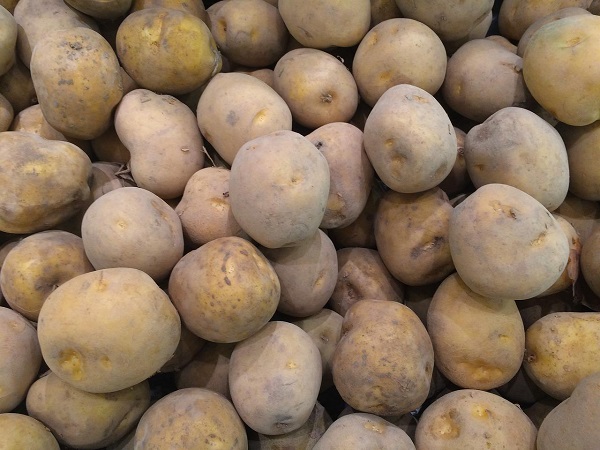
Potatoes
Sweet potatoes hold a reputation of being fibrous which is sometimes unpleasant but they may be the only shield between you and constipation. A small sweet potato may contain up to 5 grams of fibre which is more than you will get anywhere else. Regular white potatoes, purple and even red potatoes, especially with skin also carry a decent amount of fibre which is why you shouldn’t shy away from adding them to your menu. Fibre doesn’t absolve fries and other toxic servings of potatoes with too much salt and oil which do more harm than good.
Avocados
Avocados seem to find their way into every list of super-foods because they are just too nutritious and healthy to be ignored. Unlike other fruits that have calories as their main product, avocados are rich in healthy fats that you won’t find in any other fruit. Avocados also have lots of Vitamin C and Vitamin E as well as all B vitamins, Potassium and Magnesium. You may not notice it while eating but 100 grams of raw avocado give you 6.7 grams which means a 300-gram avocado has nearly half of all the fibre you need for the day.
Beans
Beans are one of the many fibre-rich foods associated with giving people the farts, but any health expert will tell you that the health benefits of beans outweigh the risk of gas. The list of beans is long including soy beans, lentils, pinto, navy beans and garbanzos. Just a 1/2cup of any of these beans gives you at least 7 grams of fibre which is more than you get from any protein-rich food. It is therefore wise to add beans to your daily diet alongside other proteins to get the healthiest protein source as well as lots of micronutrients alongside the fibre.
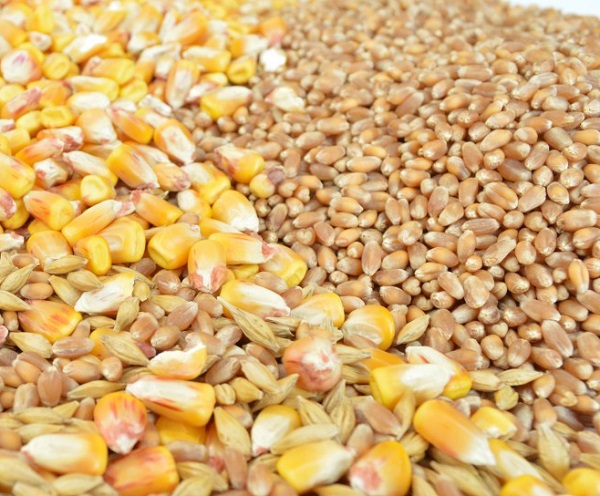
Whole Grains
When buying oats and other grains from the store, you should consider picking whole grains because they have enough fibre to counter the high-calorie content. Whole grain foods including bread are rich in soluble fibre which is vital in controlling cholesterol absorption. The best of all whole grains is oats of which 100 grams have 10 grams of fibre. It is therefore right to say that a cup of oats a day keeps the doctor away.
Leafy Greens
You need to have at least five different varieties of vegetables and fruits every day to maintain your folate, Vitamin and fibre intake. Whatever combination you choose, make sure that leafy greens which are rich in iron, Vitamins K and C as well as Manganese are part of that diet. One thing you may not know is that all leafy greens also contain fibre that your body really needs. The richest of them all is broccoli which has 2.6 grams of fibre per 100-gram serving.
Seeds
Seeds are a super food that many people don’t exploit and fibre is the one thing that all seeds have in plenty just like whole grains. You can have them as sprouts instead of just plain seeds for more benefits but even plain seeds are healthy enough. The richest seeds for your daily fibre needs are sunflower, chia seeds, coconuts, walnuts and pumpkin seeds.
Dried fruit
If you are not a fan of raisins, you may want to rethink your dietary priorities because those little dried grapes have all the benefits of fresh grapes with a lot more fibre. Dried fruits have a special type of sugar called sorbitol which helps prevent diarrhoea, loose stools and constipation. Dried fruits are richer in fibre than fresh fruits, but you should eat them in moderation as too many can cause cramps.
What other sources of fibre would you suggest? If you know of any more do let us know in the comments below.
